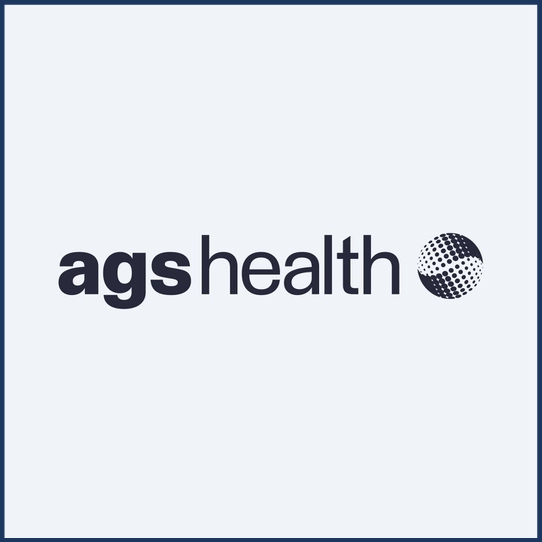Understanding New Technology with AGS Health
Technology is continuously evolving, which leaves room for even more evolution and of course, new technology. Healthcare technology in particular has seen its fair share of advancements and up-to-date machinery and tools are the norm in the medical field. Considering current trends, experts forecast that due to significant growth and expansion, healthcare technology jobs, specifically, are expected to grow 15 percent by next year.
Why is understanding new technology an important factor in healthcare?
For a new episode of the RCM Chat, host Michelle Dawn Mooney chatted with two senior team members from AGS Health, Emily Bonham, Senior Vice President, Product Management, and Nicholas Frenette, Executive Director of Solutions Engineering. Mooney interviewed the duo about new types of technology making waves in healthcare, and how healthcare organizations can adopt and incorporate them.
The trio explored how Artificial Intelligence (AI) has been gaining ground in healthcare and …
- Where healthcare organizations lack or fail in adapting and utilizing new technology
- The use of AI, such as ChatGPT, in various areas of healthcare technology
- How new technology can benefit healthcare organizations and their ROIs
“What we’re seeing is that organizations are really doubling down on already implemented technology in their organizations, versus going out and necessarily buying something all new. So, what we’re looking at right now are opportunities to enhance existing technology with, for example, digital workers and other complimentary technology and really looking to AI to find efficiencies within the healthcare industry,” said Bonham.
Frenette added that he believes AI can play an important role in ROI, such as robotic processing automation (RPA). He said that AGS Health’s practical outlook has helped them better determine where new technology is more useful.
“We really think about it a little bit differently. We like to approach things more at a practical/tactical manner and identify that one use case where RPA can help your organization and then continue to expand and iteratively improve those solutions and expand on where RPA can go. We really feel like that approach is the best way to prove value, but also get the ROI quicker and sooner for your company,” said Frenette.
Emily Bonham is the Senior Vice President of Product Management at AGS Health. She previously worked under the same title and department at Health Fidelity and directed product management at Healthicity. Bonham is an advocate for the environment and animals and has dedicated volunteering to both causes. She is also a graduate of the University of Minnesota-Twin Cities.
Nicholas Frenette is the Executive Director of Solutions Engineering at AGS Health. He was previously the Director of Revenue Cycle at the Commonwealth Care Alliance and held the titles of product manager and consultant at Athenahealth, where he worked for more than a decade. He is a graduate of the University of Massachusetts Boston and Plymouth State University.




